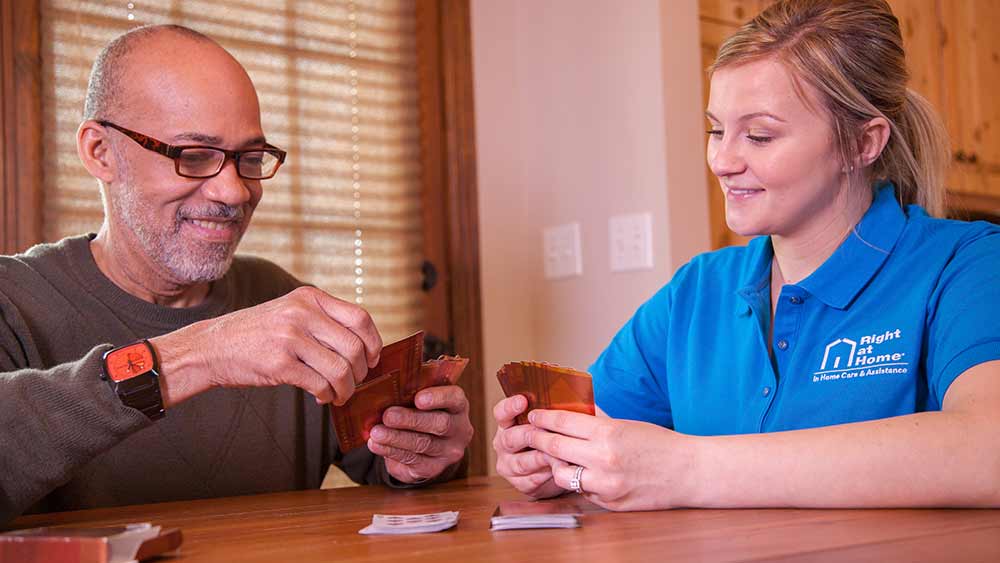

The Latest in the Fight Against Alzheimer’s
In 2021, millions of people were thrilled to learn that the U.S. Food and Drug Administration (FDA) had approved the first drug to treat Alzheimer’s disease. Since then, the FDA has approved even more drugs, and researchers have worked on many other ways to stop the disease. While there still is no cure for—or a way to prevent—Alzheimer’s, research around the world is tackling it from many angles. Here’s a look at where things stand now.
Pharmaceutical Treatments and Progress
In June 2021, the FDA approved aducanumab (brand name Aduhelm®), the first drug to treat the disease itself rather than its symptoms. Aducanumab targets amyloid-beta plaques in the brain, a hallmark of Alzheimer’s. However, its approval was controversial due to mixed results in clinical trials and concerns about side effects. Since then, the FDA has approved Leqembi® (lecanemab), which, like aducanumab, addresses the root cause of the disease. Five other drugs have also received FDA approval: Aricept®, Exelon®, Namenda®, Namzaric® and Razadyne®.
What’s more, according to the Alzheimer’s Drug Discovery Foundation, “there are more than 120 potential drugs in clinical trials now designed to treat the underlying causes of Alzheimer’s, rather than its symptoms.”
Blood Tests To Detect Alzheimer’s Disease
Scientists have been making progress in developing blood tests that can detect Alzheimer’s disease at an early stage. These tests measure the levels of specific proteins or molecules associated with the disease. The blood tests benefit the patient because they’re less invasive than brain imaging or spinal taps, which are commonly used to diagnose Alzheimer’s. A new at-home blood test may be available through your doctor.
Research on Lifestyle Factors
Can lifestyle factors reduce the risk of getting Alzheimer’s? Researchers are looking at whether choices people make, such as following a Mediterranean-style diet, getting regular physical activity and maintaining social connections, can lower the risk of Alzheimer’s. On the flip side, other studies are looking at what lifestyle factors might cause Alzheimer’s, such as environmental exposure to pollutants, chemicals and heavy metals.
Other Potential Treatments
Various vaccine candidates and immunotherapies are in different stages of clinical trials. Some have shown promise in early trials, while others have faced challenges.
There are numerous studies examining the potential of alternative or complementary treatments for Alzheimer’s. Some of these include cannabinoids, antioxidants, and anti-inflammatory agents.
Drugs developed for other diseases have been explored for their potential in treating Alzheimer’s. The use of metformin, a diabetes drug, “contributes to a lower risk of developing Alzheimer’s disease and better cognitive performance,” reports an article from the National Institutes of Health.
Caution Amid Hope
It’s important to remember that while these treatments offer more hope than ever, nothing has been shown to reverse Alzheimer’s or stop its progression in someone who has the disease. If you want the most recent updates, the Alzheimer’s Association and the Alzheimer’s Drug Discovery Foundation offer e-newsletters. If you or someone you know has Alzheimer’s, always consult a health care professional for guidance on the most recent and relevant treatments or interventions that are appropriate.
How Right at Home Can Help
If you are supporting a loved one with Alzheimer’s disease or other type of dementia or would simply like more information about the condition, Right at Home is here to assist. We provide specialized nonmedical home care for those with dementia or cognitive change. Check out our Alzheimer’s, Dementia and Cognitive Change services webpage for information, including our free download, “A Guide to Supporting Loved Ones With Dementia or Cognitive Change.” Or, use our office locator to find the location nearest you for more information.







